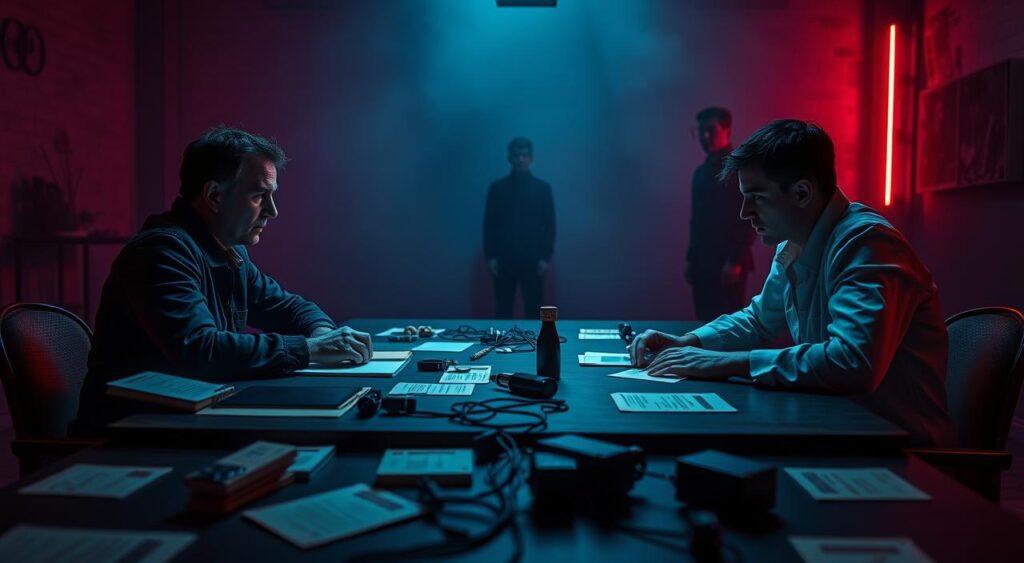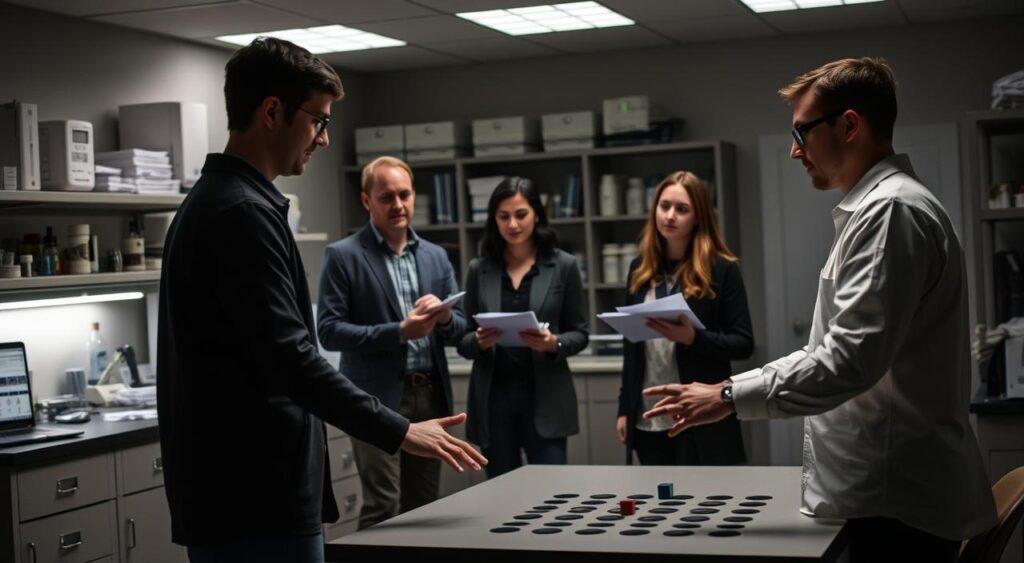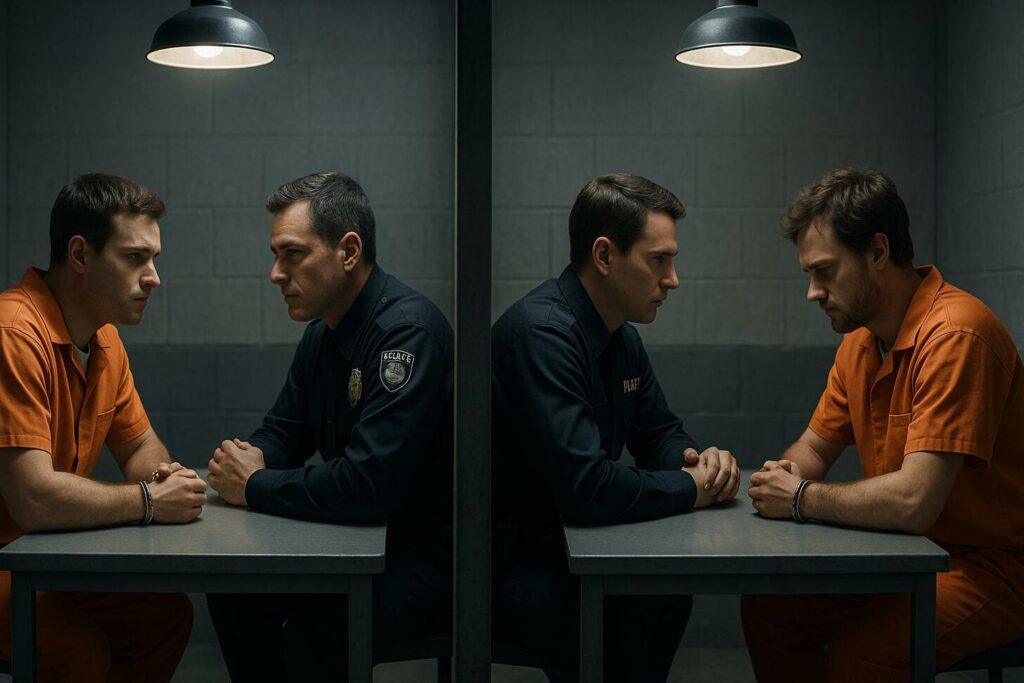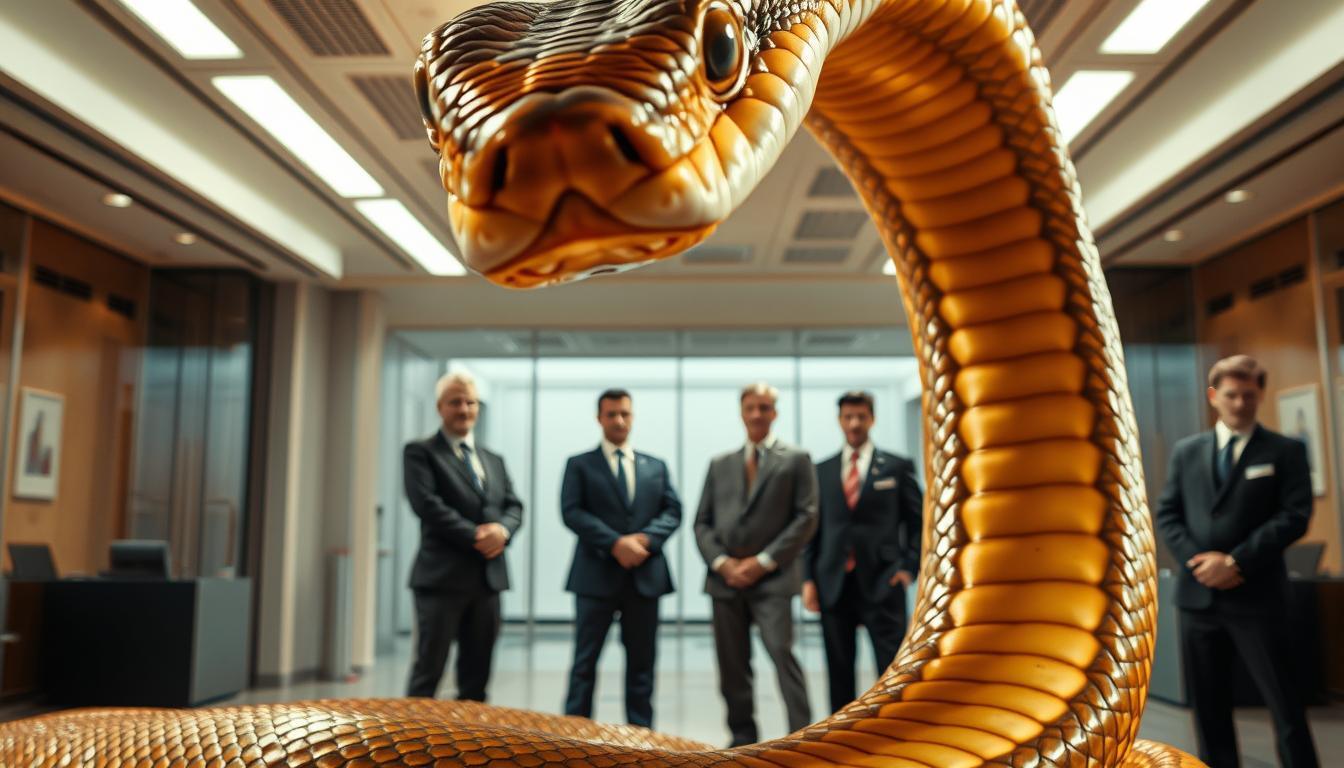ldHave you ever wondered why people sometimes act against the group’s best interest—even when cooperation seems smarter? This tension lies at the heart of the prisoner’s dilemma mental model, a cornerstone of game theory.
Imagine two bank robbers, Elizabeth and Henry, arrested and questioned separately.
If both stay silent (cooperate), they get 1 year in jail. If one betrays the other (defects), the snitch walks free while the other serves 5 years.
What if both defect? They each get 3 years. Rational choice says defect, but cooperation yields better shared results.
This paradox isn’t just for criminals. Real-world experiments show 60-70% of people defect in one-time scenarios. Why? Self-interest often overrides trust. Yet when interactions repeat, cooperation slowly rises. Think of workplace negotiations or climate agreements—short-term gains tempt us, but long-term success needs teamwork.
Game theory helps decode these choices. It reveals how logic can backfire when everyone chases personal wins. So why do we struggle to align individual and group goals? The answer shapes everything from business deals to friendships.
Key Takeaways
- The prisoner’s dilemma mental model explains why rational choices often harm collective outcomes.
- Cooperation offers better group results, but self-interest drives many to defect.
- Real-world experiments confirm higher betrayal rates (60-70%) in one-time interactions.
- Repeated scenarios encourage gradual trust-building and collaboration.
- Examples like climate action or salary negotiations mirror this tension between individual and shared gains.
Intro to The Prisoner’s Dilemma Mental Model
Why do two competing coffee shops keep undercutting prices until both lose profits? This everyday game mirrors a core idea in classic game theory scenarios. At its heart, it’s a situation where individuals face conflicting incentives: protect themselves or benefit the group.
Definition and Context in Game Theory
In game theory, this tension is modeled through simple choices. Players must decide between cooperation (mutual gain) or defection (personal advantage). The “best” strategy depends on predicting others’ moves. For instance, if both sides defect, the outcome is worse for everyone than if they’d worked together.
Self-Interest Paradox: Prisoner’s Dilemma Mental Model
Does it seem odd that doing what’s best for yourself might hurt everyone? That’s the paradox. Rational choices often lead to poor group results. Imagine two friends splitting a bill. If both claim they owe less, trust breaks down. Yet honesty—though risky—builds better relationships over years.
This clash explains why climate deals or business partnerships stumble. Short-term logic favors defection. But long-term success needs shared trust. Game theory helps us see these patterns—and maybe rewrite them.
The Basics of Game Theory and the Prisoner’s Dilemma

What happens when trust is tested in high-stakes situations? Let’s explore a classic crime scenario where two suspects face life-changing choices.
Separated in interrogation rooms, they must decide: stay silent (cooperate) or testify against each other (defect). Their decisions ripple through time, shaping outcomes for both.
Analyzing the Classic Scenario
Imagine two people arrested for a crime. Cops lack evidence but offer deals. If both stay silent, they get 1 year. Shouone talks, they walk free—the other gets 5 years.
If both betray each other? Three years each. Simple math says betrayal maximizes personal gain. But cooperation saves time and builds trust.
Here’s how strategies play out:
| Choice | Suspect A Silent | Suspect A Talks |
|---|---|---|
| Suspect B Silent | 1 year each | Suspect A free, B gets 5 years |
| Suspect B Talks | Suspect B free, A gets 5 years | 3 years each |
In this case, logic pushes toward betrayal. Yet mutual silence gives better shared results. Why don’t people choose it more often? Fear of being exploited drives short-term thinking.
Think about real world decisions: negotiating salaries or splitting chores. Immediate gains tempt us, but lasting success needs teamwork. What would you choose if your future hung in the balance?
Choices: The Prisoner’s Dilemma Mental Model
How do everyday choices—like splitting a dinner bill or negotiating a raise—reflect high-stakes economic battles? This framework reveals why self-interest often clashes with shared success, even in simple situations.
Imagine two competing food trucks. If both lower prices, profits shrink. If one charges more while the other undercuts, the cheaper truck wins. Sound familiar? These economic standoffs mirror classic scenarios where personal gain threatens group stability.
Research shows people prioritize short-term wins, like avoiding a year jail sentence, even if cooperation offers better long-term results. In one experiment, 68% of participants chose betrayal in single-round games. Yet when interactions repeated, cooperation rates doubled. Why? Trust grows when future consequences exist.
This tension shapes decisions far beyond crime scenarios. Think of coworkers hoarding credit or neighbors ignoring shared resources. Each choice carries invisible trade-offs—individual benefit versus collective well-being.
How often do we face similar crossroads? Whether splitting chores or setting corporate strategies, the same economic forces apply. The next time you’re torn between “me” and “us,” ask: What’s the cost of winning alone?
Real-World Experiments and Behavioral Observations

Picture this: two coworkers repeatedly tasked with splitting project credit. At first, both might race to claim individual wins. But over time? They often start sharing recognition. This shift mirrors groundbreaking findings in behavioral experiments.
Impact of Repeated Interactions and Trust Building
Early studies by Robert Axelrod revealed something fascinating. In one-time scenarios, 70% of people chose betrayal—driven by the incentive cheat for quick gains. But when games repeated, cooperation rates jumped to 60%. Why? Trust grows when future consequences exist.
Imagine two neighbors sharing a lawnmower. Initially, one might avoid returning it. But after multiple exchanges, both learn: cooperation saves time and builds goodwill. Anatol Rapoport’s “tit-for-tat” strategy proved this.
Start by cooperating, then mirror the other’s moves. Over two years, teams using this approach doubled mutual benefits.
Fear of betrayal still lingers. In Axelrod’s trials, 40% hesitated to remain silent even after positive interactions. Yet data shows shared goals gradually outweigh suspicion. Can you imagine coworkers or nations rebuilding trust through consistent actions?
Real-world patterns align. When people face repeated choices—like splitting bills or managing resources—they often pivot from “me” to “us.” It’s not perfect, but progress happens. After all, isn’t that how friendships and partnerships thrive?
Strategies and Outcomes in The Prisoner’s Dilemma
What happens when two competitors face off repeatedly? Their choices shape outcomes for everyone involved. Let’s explore two common approaches—one builds bridges, while the other burns them.
Tit-for-Tat and Reciprocal Strategies
Imagine two businesses sharing a market. Company A lowers prices. Company B responds by doing the same. Next month, A raises prices slightly. B follows.
This mirroring strategy—called tit-for-tat—rewards cooperation and punishes betrayal. Studies show it boosts trust over years.
Here’s why it works:
- Start with cooperation
- Copy the other’s last move
- Forgive occasional slip-ups
In one trial, teams using this method saw 60% higher profits than those always defecting. But it requires patience. Quick wins tempt many to cheat.
Dominant Defection and the Nash Equilibrium
Now picture two shops racing to undercut prices. Both know cooperation could keep profits high. Yet logic says: slash prices first. This “always defect” approach leads to the Nash equilibrium—where everyone loses, but no one can improve alone.
| Strategy | Short-Term Gain | Long-Term Result |
|---|---|---|
| Tit-for-Tat | Moderate | Trust & Growth |
| Always Defect | High | Shared Losses |
Think of it like a prison sentence negotiation. Betrayal might shave a year off your term—but if both talk, you’re worse off. Yet many still choose self-interest.
So what’s smarter: playing safe or building bridges? The answer shapes business deals, friendships, even global treaties. What approach would you take?
Apply to Economics, Psychology, & Business

Why do oil companies struggle to keep prices stable despite mutual agreements? This tug-of-war mirrors classic group dynamics where incentives clash. Let’s explore how this framework shapes decisions across industries.
Case Studies and Practical Examples
Take oil cartels. When groups agree to limit production, higher prices benefit everyone. But individual members often cheat—pumping extra barrels for quick profits. Sound familiar? This exact scenario played out in the 1970s, causing global price crashes.
Here’s how incentives drive outcomes:
| Strategy | Short-Term Gain | Long-Term Risk |
|---|---|---|
| Cooperate (Limit Oil) | Stable Prices | Trust Required |
| Defect (Overproduce) | Higher Profits | Market Collapse |
Ever noticed how gas prices swing wildly? That’s the fallout. Similar patterns emerge in workplace teams. When individuals hoard credit, projects falter. Yet shared recognition boosts morale and results.
What about everyday choices? Imagine splitting a dinner bill. Charging more to your card seems smart—until everyone does it. Studies show groups using transparent enlightened self-interest strategies achieve 40% better outcomes.
Whether managing a business or household, balancing incentives matters. How might you align personal and shared goals this week?
Conclusion
How do everyday choices shape our shared success? The lessons here reveal a pattern: self-interest often backfires, while teamwork unlocks better results. Real-world experiments show initial distrust fades when interactions repeat—cooperation climbs from 30% to 60% in multi-round games.
Think of workplace teams or climate agreements. Short-term logic pushes us to chase personal wins. But long-term situations reward those who balance “me” and “we.” Countries lowering emissions together? That’s trust overcoming fear of betrayal.
Next time you face a tough choice—like splitting credit or negotiating deals—ask: Will winning today cost everyone tomorrow? Behavior in these games isn’t fixed. With patience, even rivals can align interests.
What lesson will you apply first? Whether managing projects or friendships, every decision tests our ability to blend strategy with trust. The real experiment begins now.


